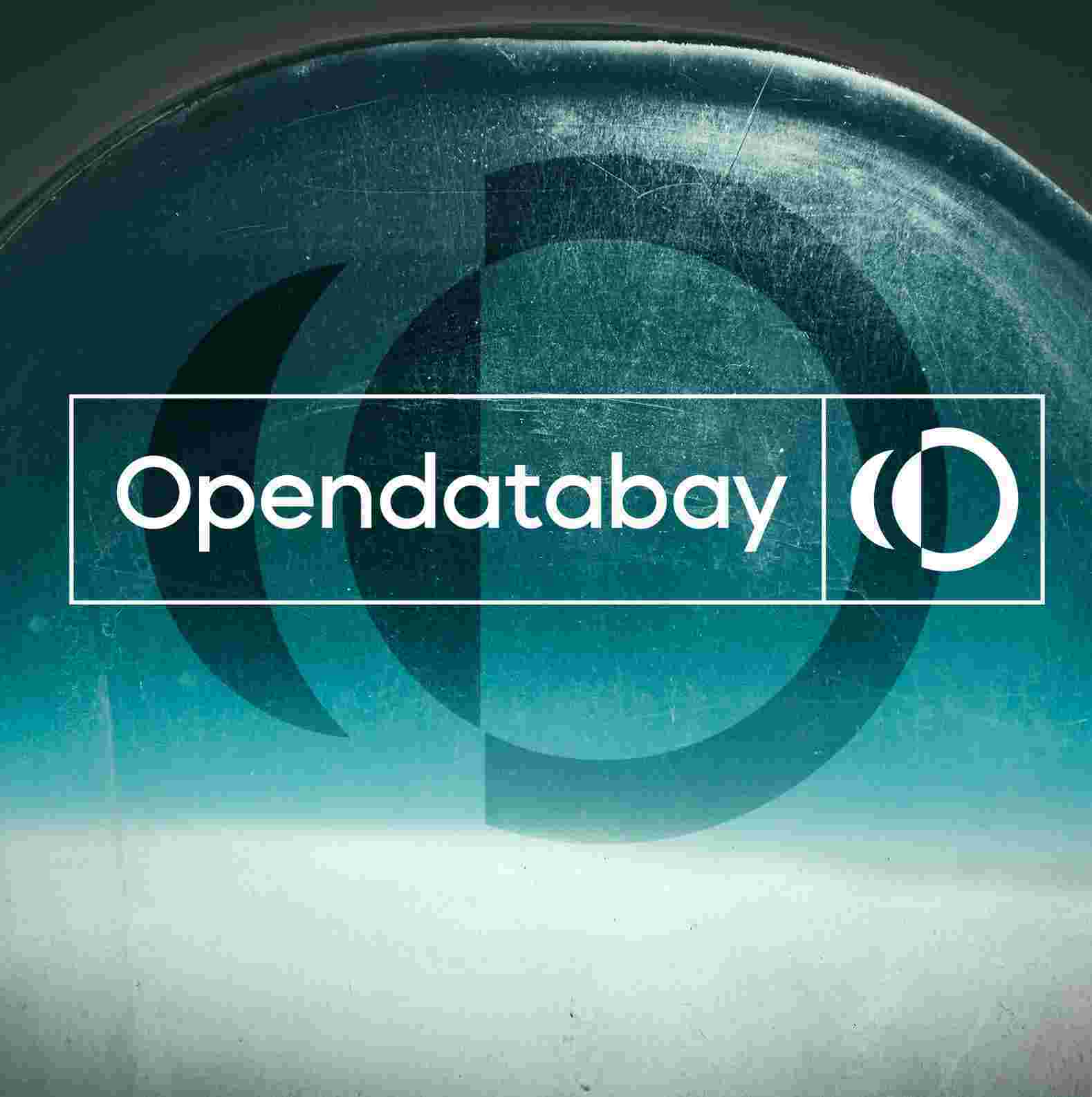
The Future of Data Licensing
![]()
The Future of Data Licensing
Data has quickly become the backbone of innovation in the modern economy. From artificial intelligence to business intelligence platforms, the demand for structured, reliable, and compliant datasets has never been greater. Yet as data becomes more valuable, the frameworks governing its usage are also evolving. The future of data licensing is shaping up to be one of the most important discussions in technology, law, and commerce.
From Restrictive Contracts to Flexible Licensing
Traditionally, data licensing was restrictive. Organisations purchasing a dataset were limited in what they could do with it, and providers often relied on rigid legal contracts that made transactions slow and inflexible.
From Restrictive Contracts to Flexible Licensing
Traditionally, data licensing was restrictive. Organisations purchasing a dataset were limited in what they could do with it, and providers often relied on rigid legal contracts that made transactions slow and inflexible.
Today, however, the needs of the digital economy require something more dynamic. Companies building AI models, for instance, need licences that allow them not only to analyse but also to transform and adapt datasets for training purposes. This demand is reshaping how licensing terms are structured.
The Role of Emerging Data Marketplaces
Emerging data marketplaces are playing a pivotal role in this transformation. Platforms such as Opendatabay provide a transparent environment where datasets are listed with clear information about usage rights, restrictions, and pricing.
This removes much of the friction from negotiations and ensures buyers understand exactly what they are permitted to do with the data they acquire. Such transparency is essential in building trust and encouraging wider participation in the data economy.
Rise of Open Data Licensing Models
Another important development is the rise of open data licensing models. Inspired by the open-source software movement, these licences encourage collaboration and accessibility. They allow researchers, students, and even businesses to access high-quality datasets without prohibitive costs, while still providing attribution and credit to the original provider.
Open licences are particularly relevant in sectors like healthcare and climate research, where societal benefit outweighs commercial gain.
Balancing Open and Premium Models
Yet it would be misleading to suggest that all data should be open. Premium datasets, especially those collected at significant cost, require structured licensing to ensure fair value for providers.
The balance between open and premium licensing models will likely define the future of the industry. Marketplaces that accommodate both—offering open datasets alongside licensed premium collections—will have a competitive edge.
Legal and Compliance Considerations
The legal environment is also shifting. Regulations such as GDPR in Europe or the CCPA in California are already influencing licensing practices.
-
Providers are expected to anonymise personal data and guarantee compliance with privacy laws.
-
Buyers are increasingly cautious, preferring platforms that vet data for compliance before listing it.
This dynamic will only grow stronger as more governments introduce data protection frameworks.
What’s Next: Modular and Machine-Readable Licences
Looking forward, we are likely to see licences become modular, flexible, and adaptive. Instead of one-size-fits-all contracts, buyers may choose from tiers of permissions depending on their intended use.
Machine-readable licences could also become standard, enabling automated systems to interpret and enforce terms in real time.
Conclusion: Building a Balanced Future
The future of data licensing is about balance—between openness and protection, between accessibility and value, and between innovation and compliance.
Those who can design licensing frameworks that achieve this balance will set the stage for a fairer and more efficient global data economy.



